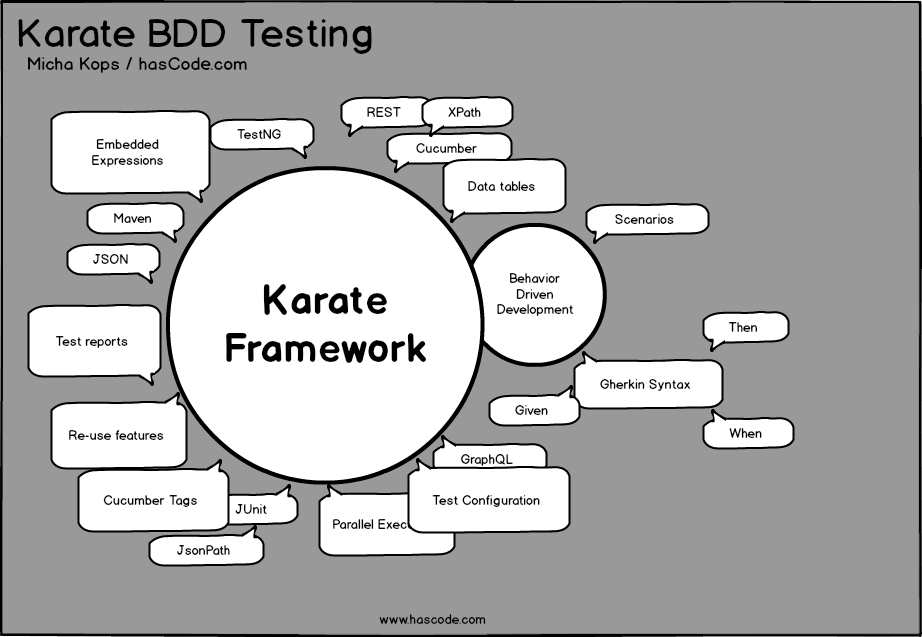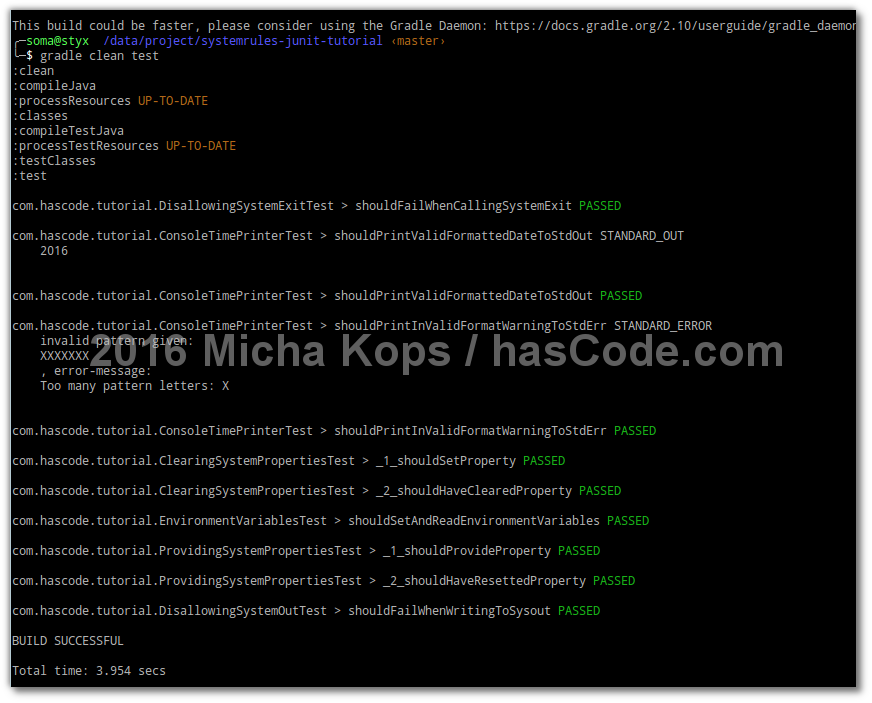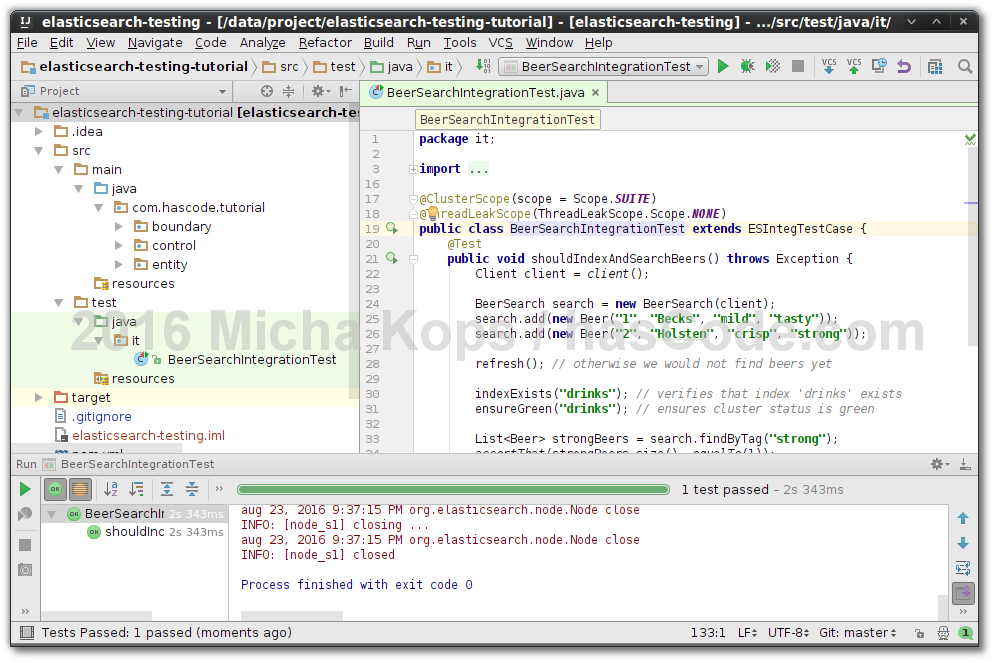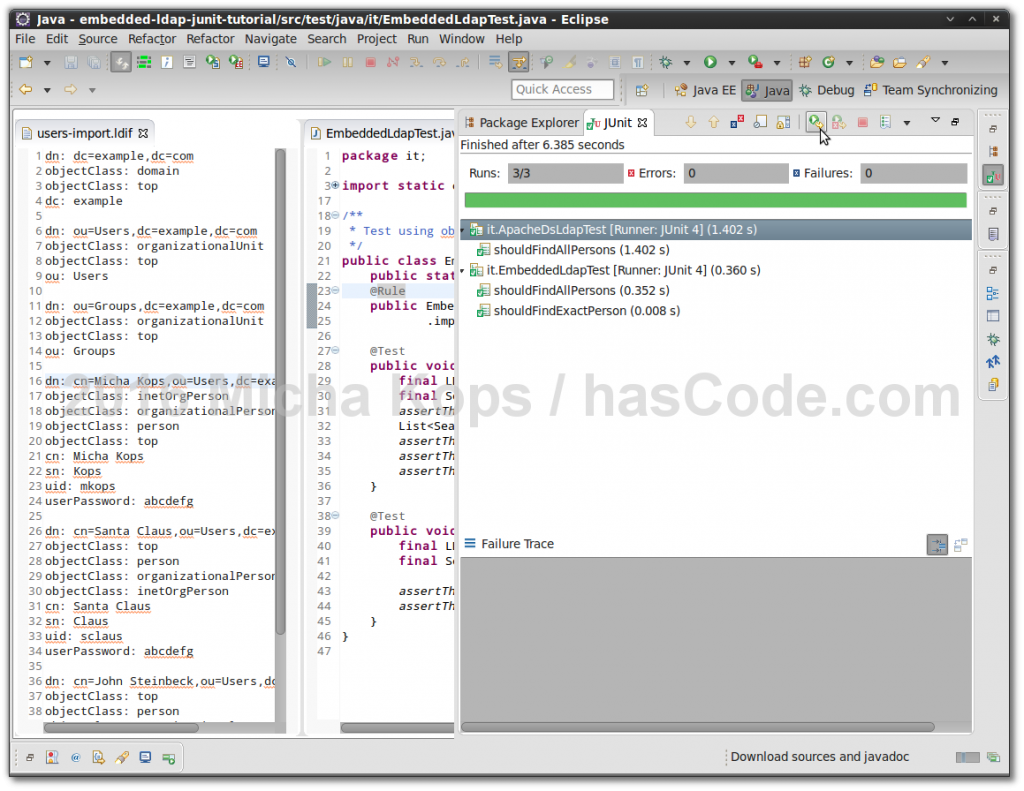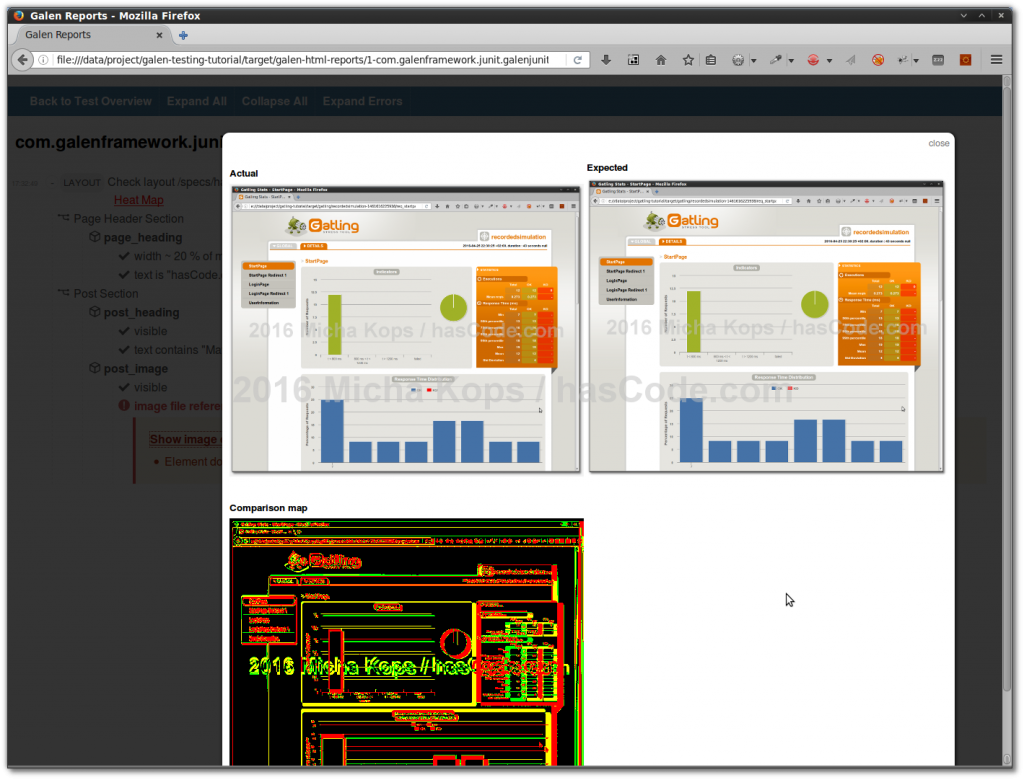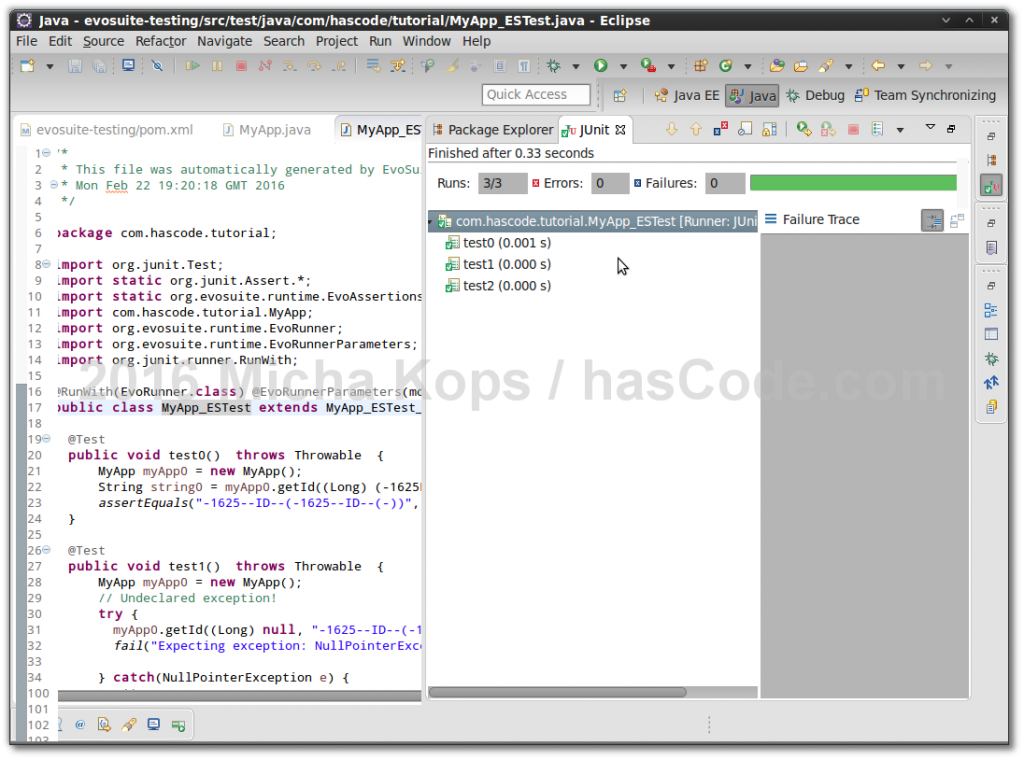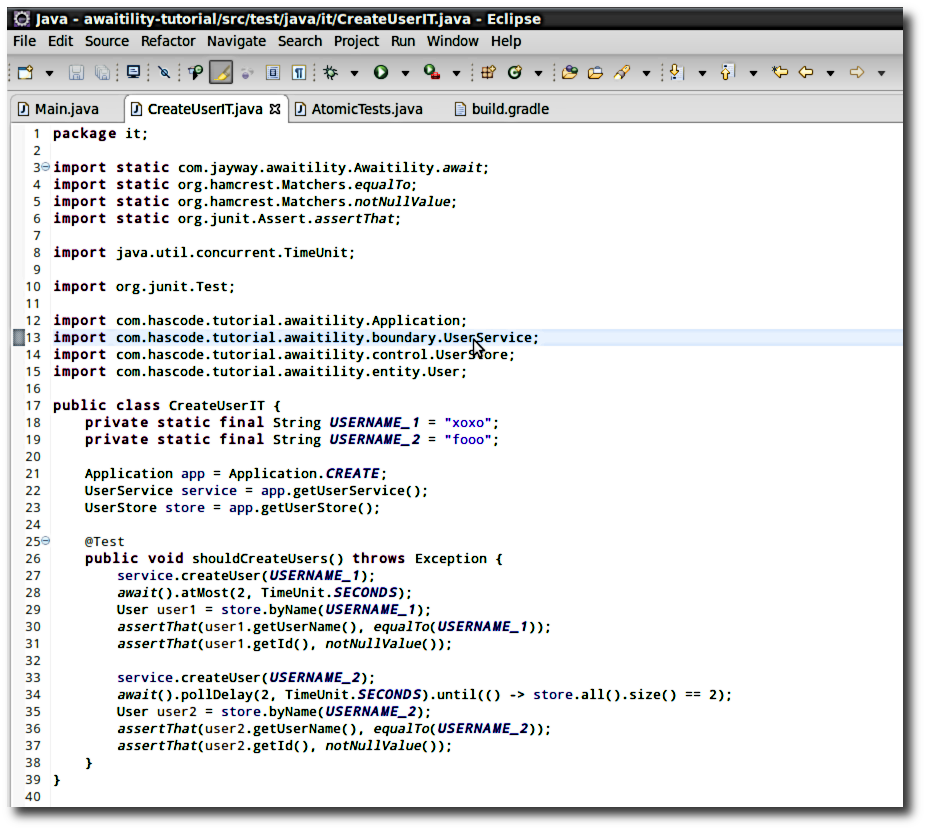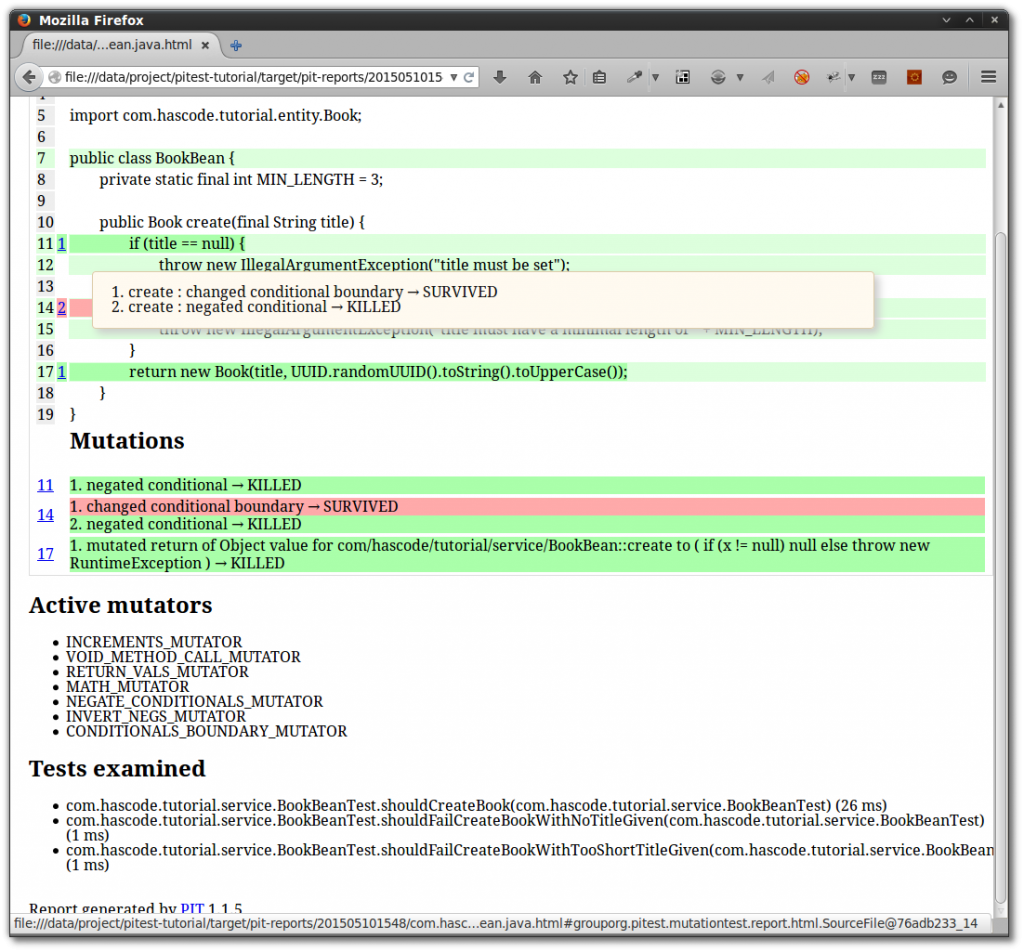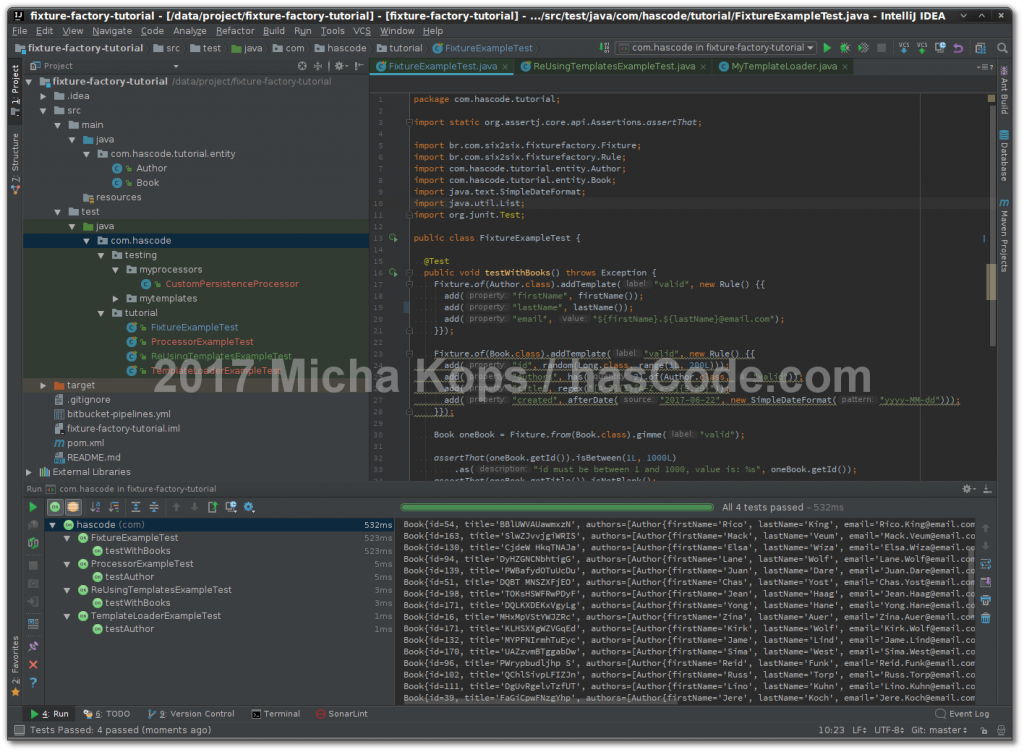
Template Driven Test POJO Generation with Fixture Factory and Java
In our tests we often need to create a bunch of test-objects that are populated with random-data. This data needs to follow specific rules as identifiers need to be unique or must be incremented, string-properties must follow special conventions and so on. In the following short tutorial I will demonstrate how to generate such test data using the Fixture Factory library. Figure 1. Fixture Factory and JUnit...
